The national symposium Start out strong: a healthy beginning in life, was held in Perth, Western Australia, 9-10 May 2006. The symposium was organised by the Child Health Research Institute and the Rio Tinto Child Health Partnership, and also sponsored by the Office of Aboriginal and Torres Strait Islander Health, Department of Health and Ageing, and the Alcohol Education and Rehabilitation Foundation Ltd.
The aim of the symposium was to:
- link Aboriginal health care providers with evidence and key resources in the area of healthy pregnancy and child health;
- provide networking opportunities between community-based health care providers, policy makers and researchers; and
- assist other jurisdictions that have prioritised maternal and child health to fast track the learnings from successful projects.
The theme for the symposium was on promoting a healthy pregnancy with a particular focus on programs that are achieving good outcomes in the areas of:
- reducing substance use during pregnancy;
- improved nutrition (including breastfeeding); and
- the first years of life.
The proceedings started with a welcome to country by Nyungar Elder, Marie Taylor. The opening address was by Professor Fiona Stanley, Director, Telethon Institute for Child Health Research and Chair, National Advisory Committee, Rio Tinto Child Health Partnership.
The International Keynote address was presented by:
- Dr Caroline Tait, Assistant Professor, Indigenous Peoples’ Health Research Centre, University of Saskatchewan (Canada) – Success stories from Canada.
Other keynote addresses were presented by:
- Professor Anne Bartu – Clinical guidelines for managing drug use in pregnancy, birth and the early development years of the unborn.
- Shawn Boyle, Director, Social Policy Unit, WA Department of Premier and Cabinet – The Government’s early years agenda for Aboriginal communities.
An opportunity to showcase success stories in Australia included the Train-the-trainer model in QLD by Audrey Deemal, Capacity building in the Northern Territory by Fred Stacey and the Rio Tinto child health partnership in WA North by John Dean.
Australian Indigenous HealthInfoNet staff Bronwyn Gee, Kim Hansen and Sandra Harben ran a HealthInternet café at the symposium. Professor Neil Thomson, Director of the Australian Indigenous HealthInfoNet was also present to lend a hand.
For further information regarding the symposium contact:
The Kulunga Research Network, PO Box 855, West Perth WA 6872, ph: (08) 9489 7777, email: enquire-kulunga@ichr.uwa.edu.au.
We’d like to thank the conference participants who provided written permission for us to display their photos here.


